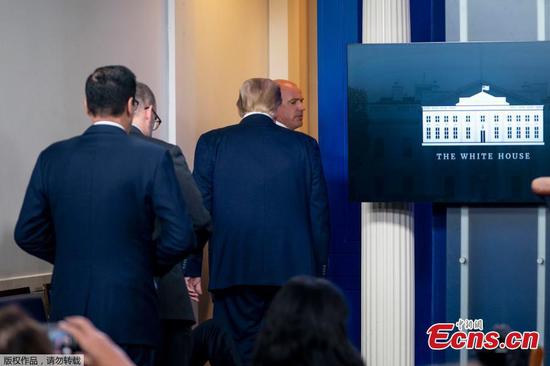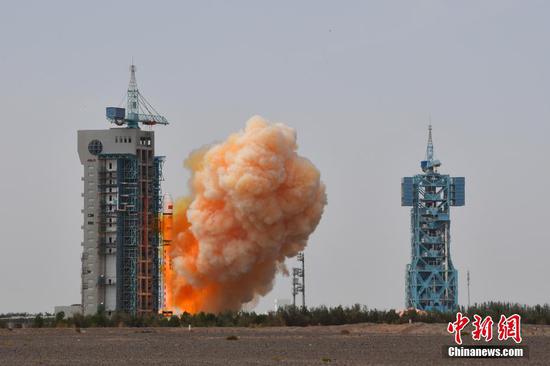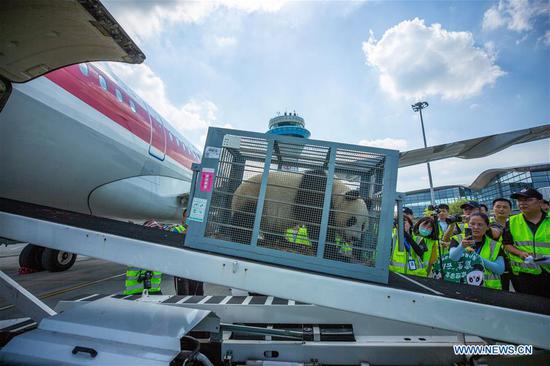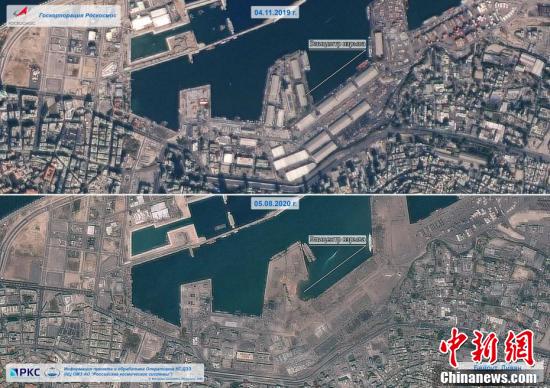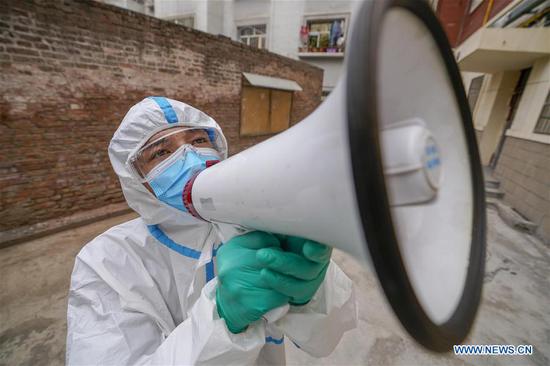Guancha: The situation of China-U.S. relations is getting more and more grave. How long do you think this will last? What are the most pressing issues to be resolved at the moment?
Le Yucheng: The way China and the United States choose to live with each other concerns the well-being of the 1.7 billion Chinese and American peoples, and the future of the over seven billion people on this planet. When handling the China-U.S. relationship, one should not only focus on what is at hand, or allow a tiny minority of anti-China elements to set the tone or lead it astray. It is vital to put the relationship in the broader context of the changing international landscape unseen in a century and the defining trend of peace and development of our times. Some issues may take more than one or two years to resolve. Yet we must shoulder the historic responsibility, take a forward-looking attitude, and assume a long-term perspective. It is important to think outside the box of electoral politics, take emotions out of the equation, and return to reason and pragmatism. We should start with the "three lists" proposed by State Councilor Wang Yi. Then the way forward won't be so hard to find.
First, keep the lines of communication open. Dialogue should not be put on hold. In particular, there should be no "radio silence" between the two foreign ministries. That means no matter how difficult and complex the issues may be, they should be put on the table. How can any problem get resolved without discussions? I myself stand ready for talks with my U.S. counterpart at any time.
Second, focus on cooperation. There are many areas where the two countries can and should cooperate. Cooperation in COVID-19 response should be a first-order priority. When lives are at stake, cooperation should come first. In addition, there is vast room for coordination and cooperation in bilateral areas such as economy, trade, law enforcement, counter-narcotics, and sub-national exchanges, on global governance such as climate change and poverty relief, and on hotspot issues such as the Korean nuclear issue, the Middle East, and Afghanistan.
Third, properly manage differences. Disagreements exist naturally between China and the United States, and they should be handled with a rational and pragmatic attitude. In particular, differences must not be widened on purpose, let alone creating new ones. There are already too many problems for the two sides, and what is needed is subtraction rather than addition.
The next few months will be critical. We must stay focused without being swayed by any extreme forces, keep to the right direction of the bilateral relationship, and prevent it from spiraling out of control or getting derailed.
(Source: www.fmprc.gov.cn)
















